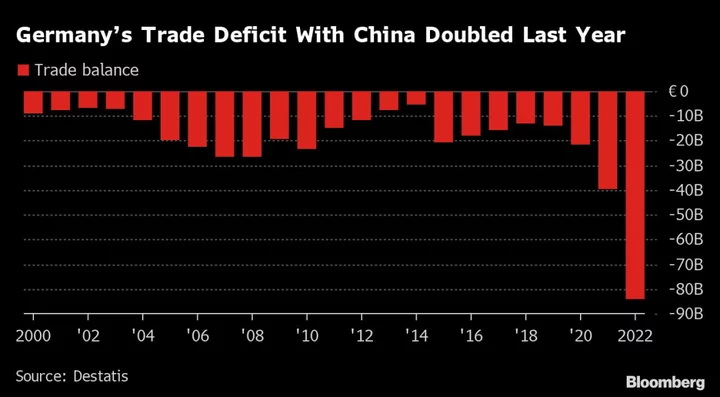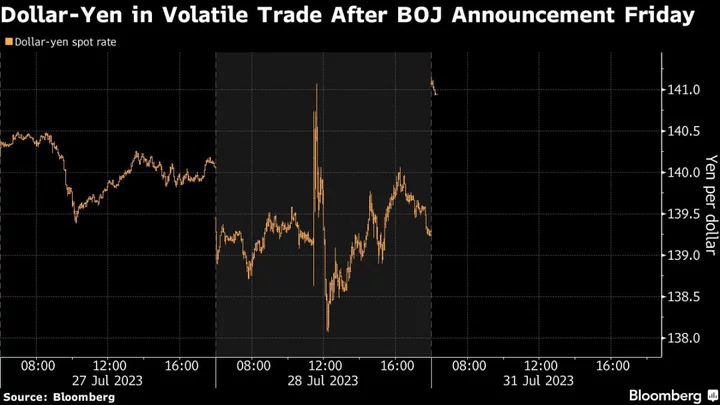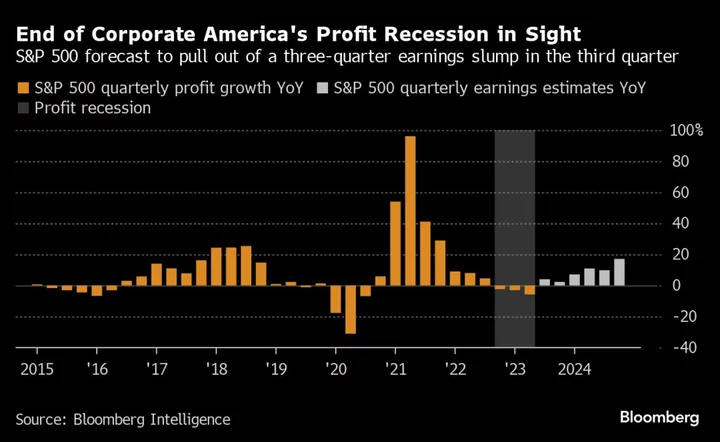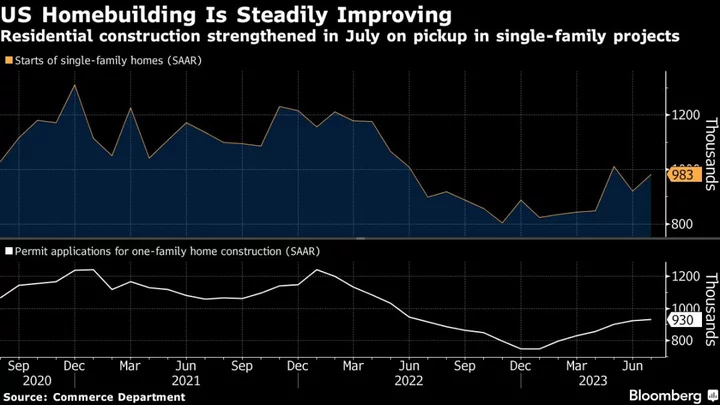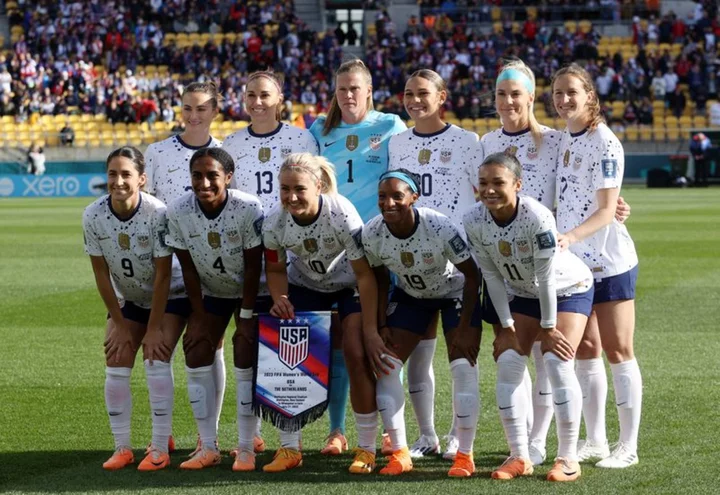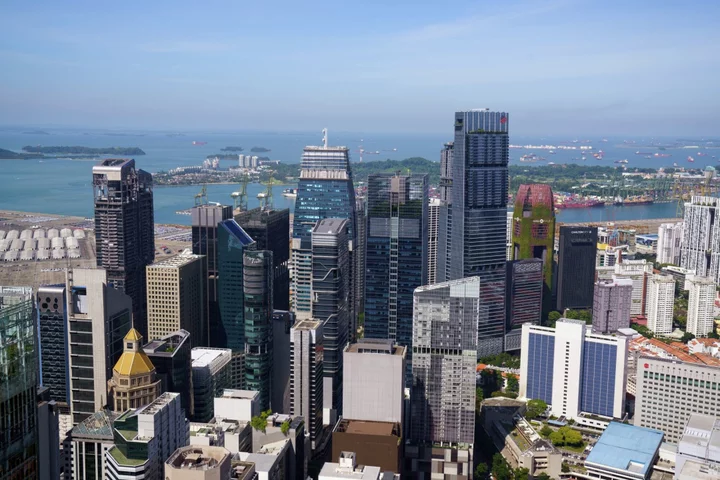China and Germany are committed to maintaining global economic interconnectivity, Chinese Vice Premier He Lifeng said after a meeting in Frankfurt.
“Cooperation helps the development of both countries, and the strengthening of economic relations lead to a win-win situation,” He said, adding that both economies want to “maintain global supply chains and to position themselves against decoupling.”
The Chinese official spoke alongside German Finance Minister Christian Lindner on the sidelines of the third China-Germany High-Level Financial Dialogue.
Lindner said both nations are committed to an “open world economy and multilateralism” via the United Nations, the International Monetary Fund, the World Bank, the World Trade Organization and the Group of 20.
That includes the G-20’s Common Framework for debt treatment, said Lindner, adding that China — like Germany — supports using this instrument to provide relief for over-indebted countries.
“Without China, as such an important player in global politics, solutions aren’t possible,” Lindner said.
Sunday’s closed-door talks, which covered global macroeconomic developments, international debt and questions of regulation and market access for financial institutions, came weeks after the European Union launched an anti-subsidy investigation into Chinese electric vehicles.
The EV situation wasn’t addressed by either official, and they took no questions from reporters at a joint press conference.
German Chancellor Olaf Scholz on Thursday played down fears of a potential trade war triggered by the EU probe, while making a strong case for globalized markets with a level playing field for all participants.
Germany stands to be the country most affected in the EU in the event of a tit-for-tat tariff dispute with China.
If levies are imposed, Beijing’s most powerful response would be to restrict access to its vast market — something that would hit German automakers including Volkswagen AG and BMW AG as they collectively sold 4.6 million cars there last year.
Since Moscow’s invasion of Ukraine laid bare the German economy’s reliance on cheap fossil fuels from Russia, the government in Berlin has tried to reduce similar dependencies in its business ties with China.
Scholz and Lindner have advocated a de-risking from China that would encourage companies to diversify their supply chains and sales markets, while the chancellor has rejected calls for a hard cut in relations, also described as a de-coupling.
In May, China’s finance ministry on short notice postponed a meeting scheduled between Lindner and his counterpart in the government in Beijing.
The China-Germany dialogue typically takes place every two years, but was interrupted due to the Covid pandemic. Lindner said he’d support a shorter interval between future meetings.
(Updates with comments on supply chains starting in first paragraph)

